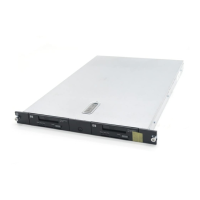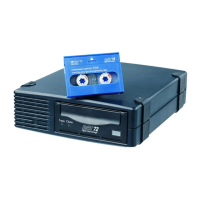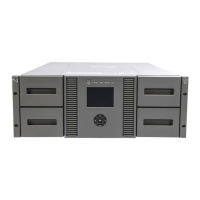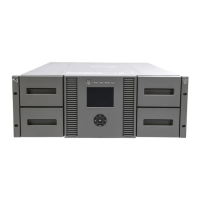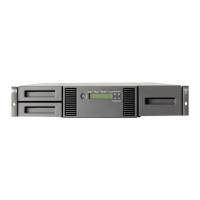* Please note that if the route list is available, you do not actually
* have to specify CU, CCA and APID parameters.
*/
address TSO "YKDELCMD SN(#####) MSG(DEMO_MSG.) CU(##) CCA(##)",
"APID(####)";
/*
* Check the return code to see if it is 0 or not.
*/
if rc /= 0
then do
call printErrorMessage;
exit;
end;
else
nop;
/*
* Now delete the command device in the primary storage system. As
* in the previous YKDELCMD call, supply the appropriate values to
* SN, CU, CCA and APID parameters for the command device in the
* primary storage system.
* Please note that if the route list is available, you do not actually
* have to specify CU, CCA and APID parameters.
*/
address TSO "YKDELCMD SN(#####) MSG(DEMO_MSG.) CU(##) CCA(##)",
"APID(####)";
/*
* Check the return code to see if it is 0 or not.
*/
if rc /= 0
then do
call printErrorMessage;
exit;
end;
else
nop;
/*
* Delete the logical paths to clean up the configuration.
* If a logical path is defined and built as a "shared" path, the FORCE
* option must be specified to delete such path. When using this
* option, make sure that no one else is using the same path because
* deleting such a shared path will affect other users or applications
* who are using the same path.
*/
address TSO "YKDELPTH STEM(DEMO_INFO.) MSG(DEMO_MSG.)";
/*
* Check the return code to see if it is 0 or not.
*/
if rc /= 0
then do
call printErrorMessage;
exit;
end;
else
nop;
say "#-- END YKDEMO03."; /* The sample script completed. */
exit;
Command details 275

